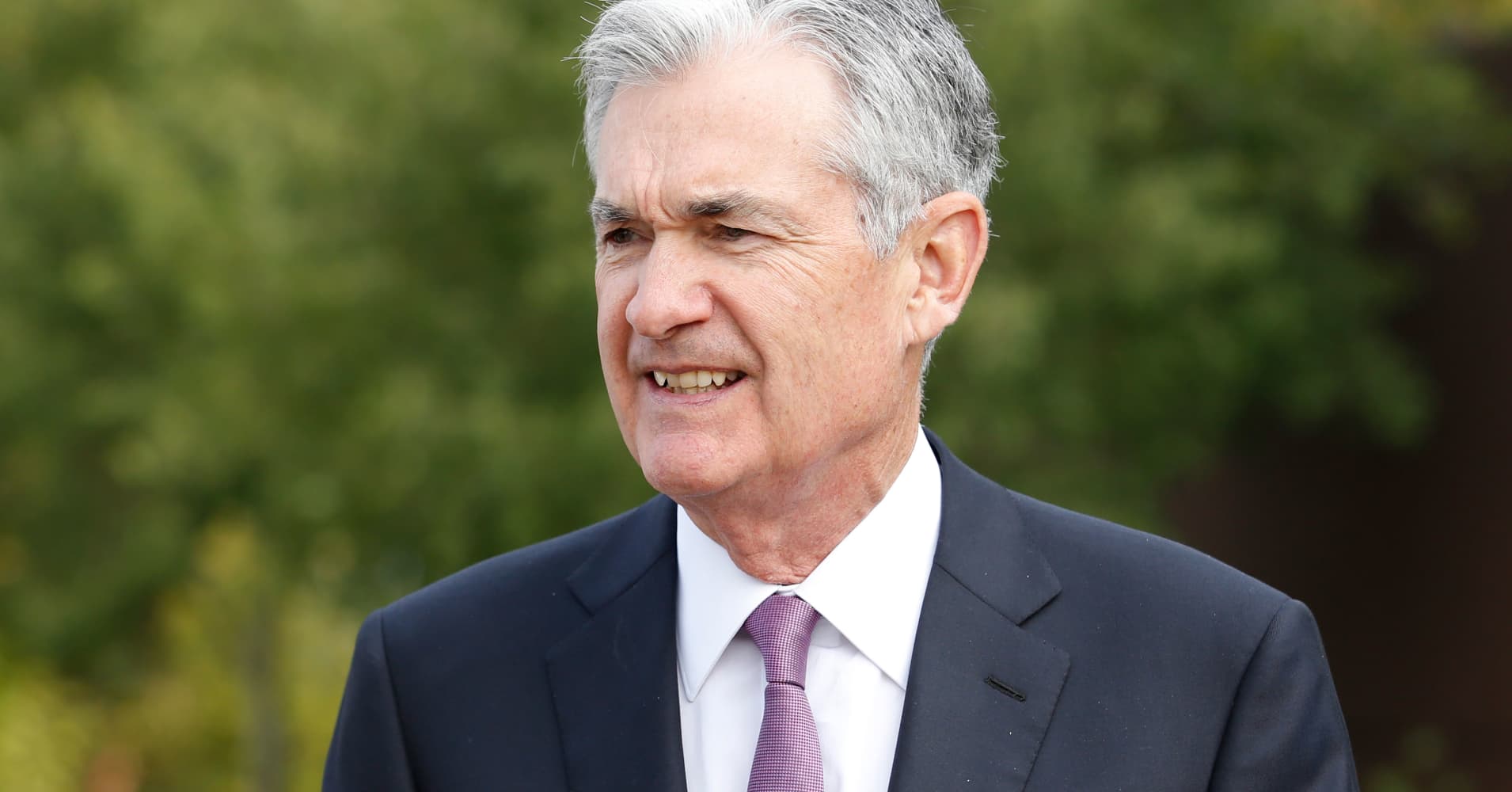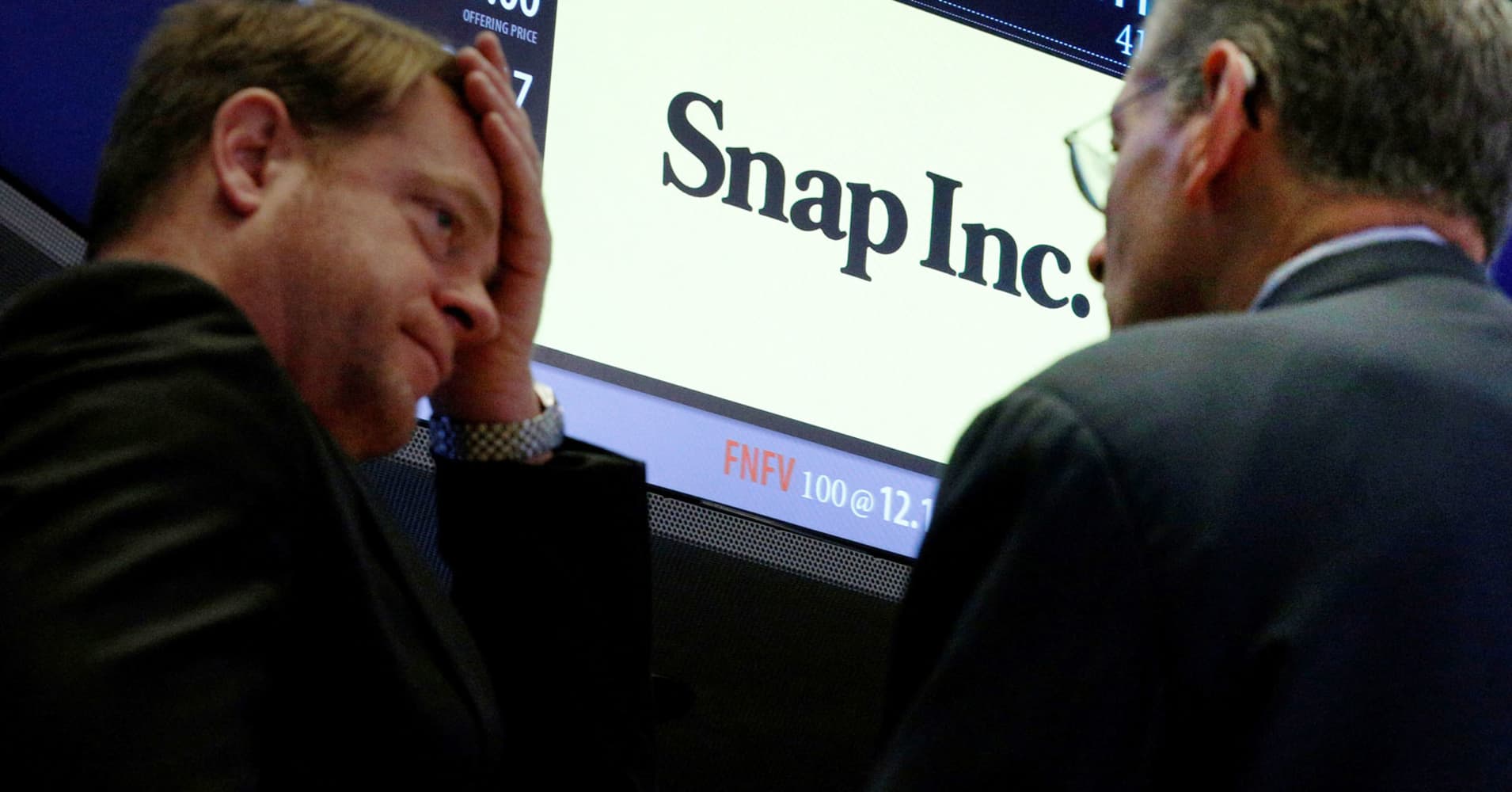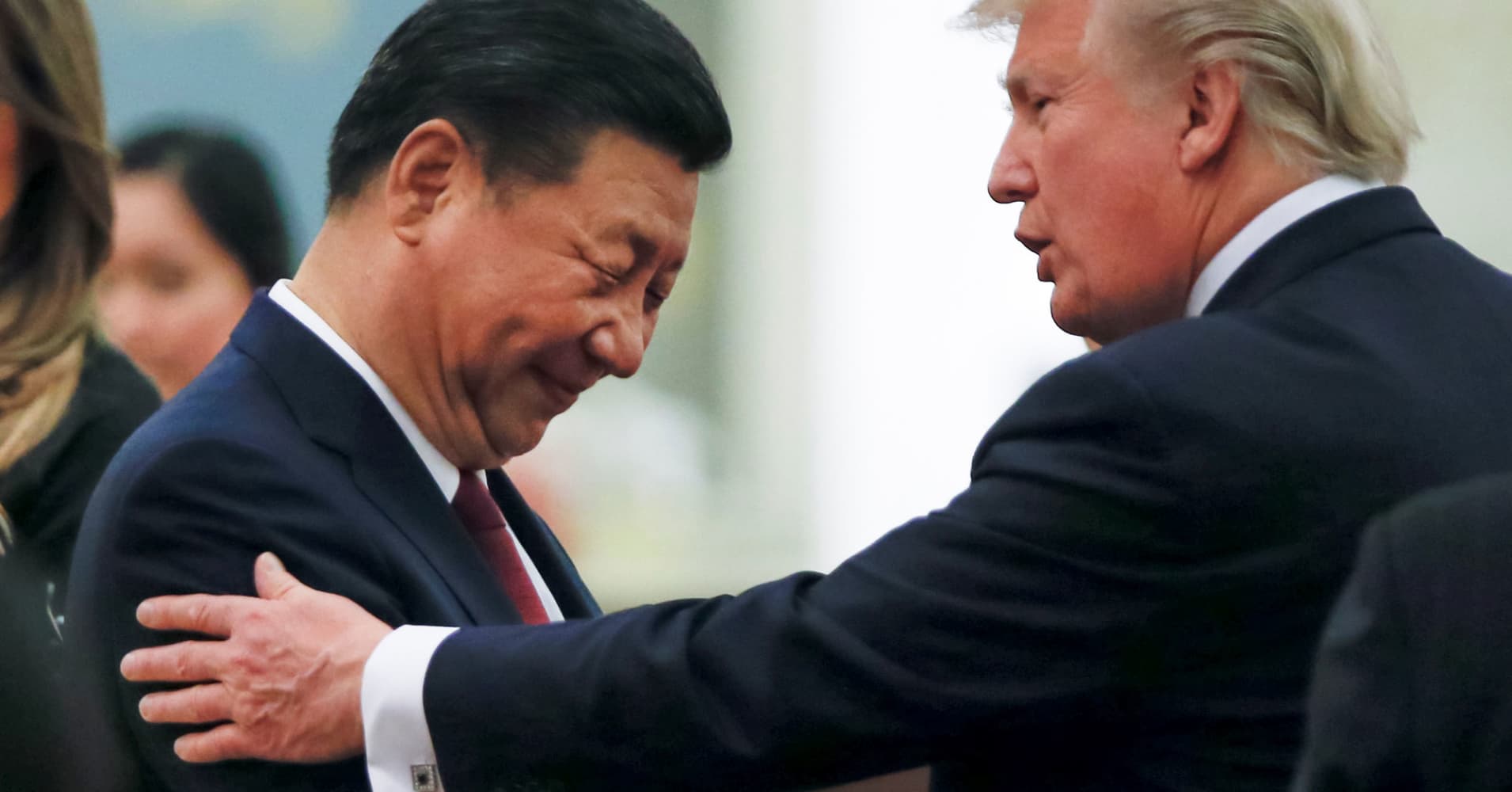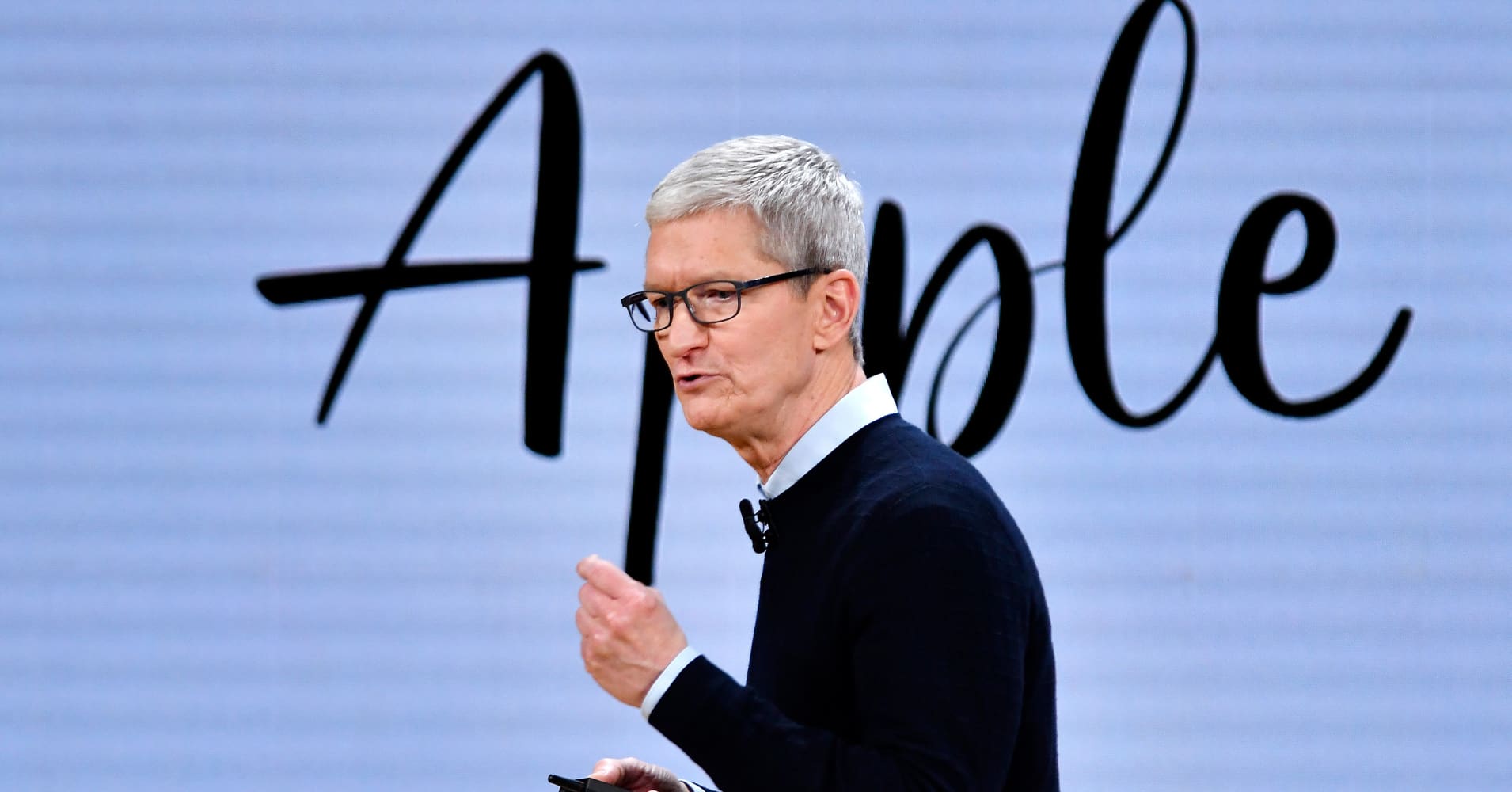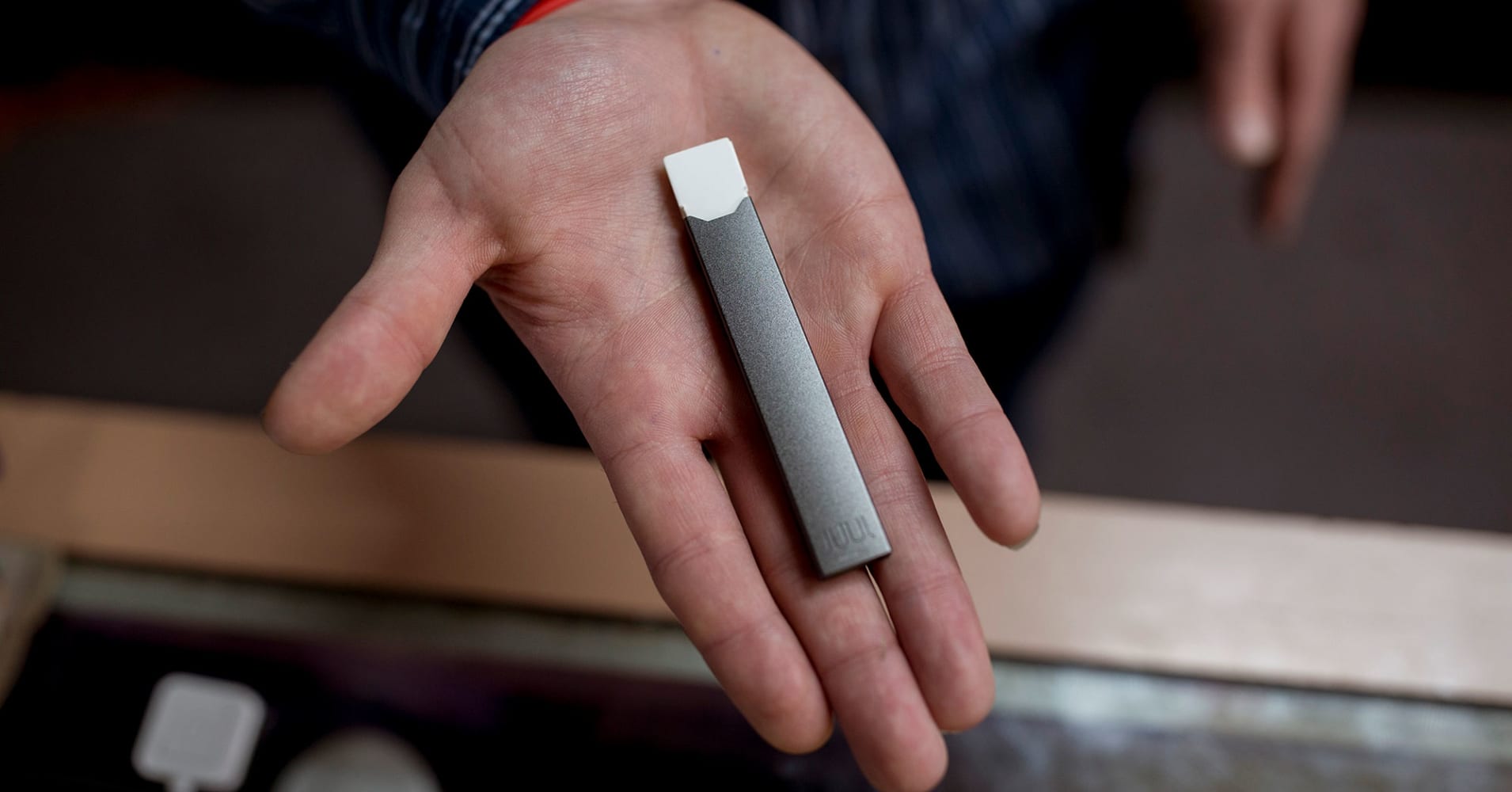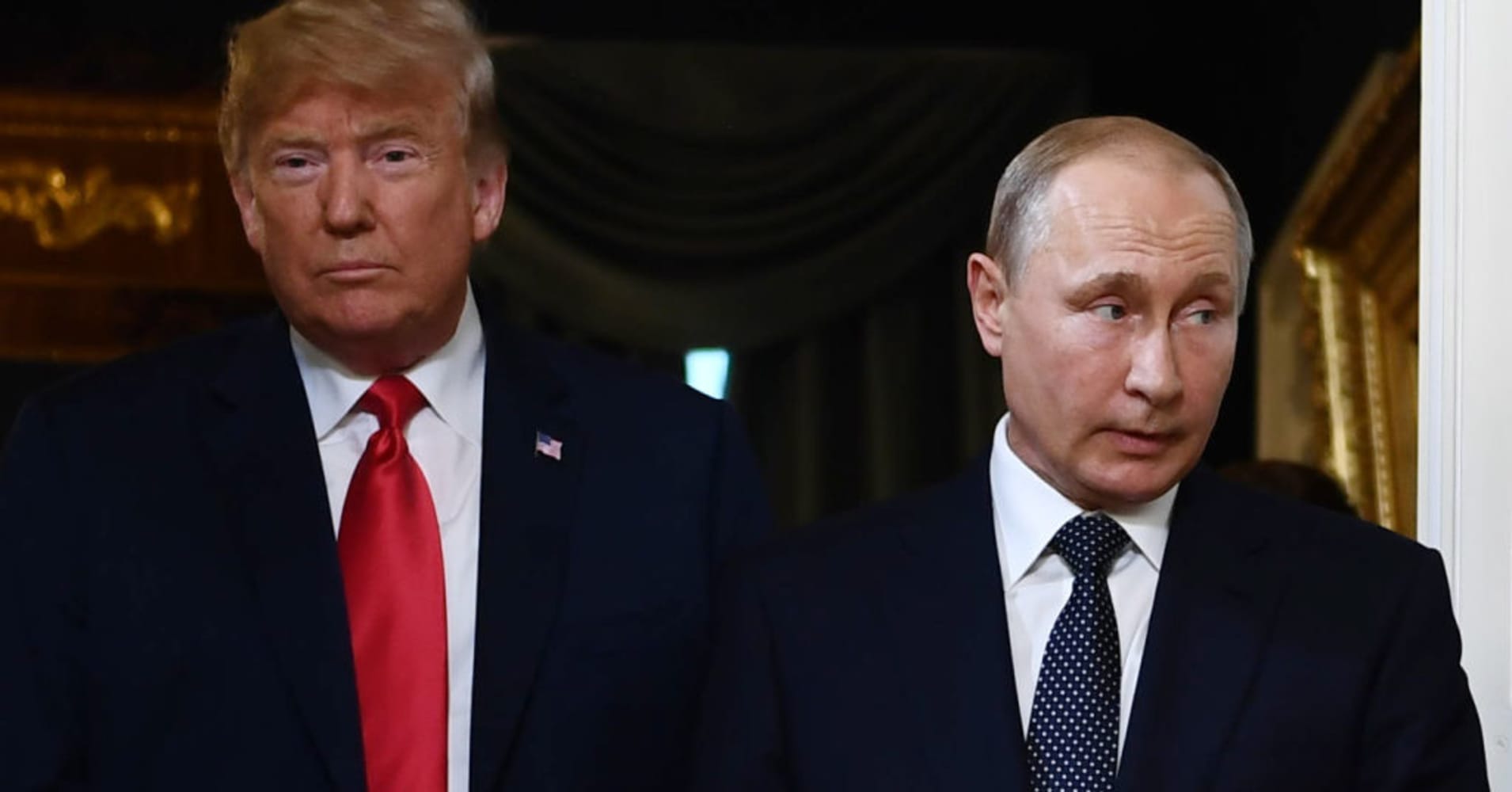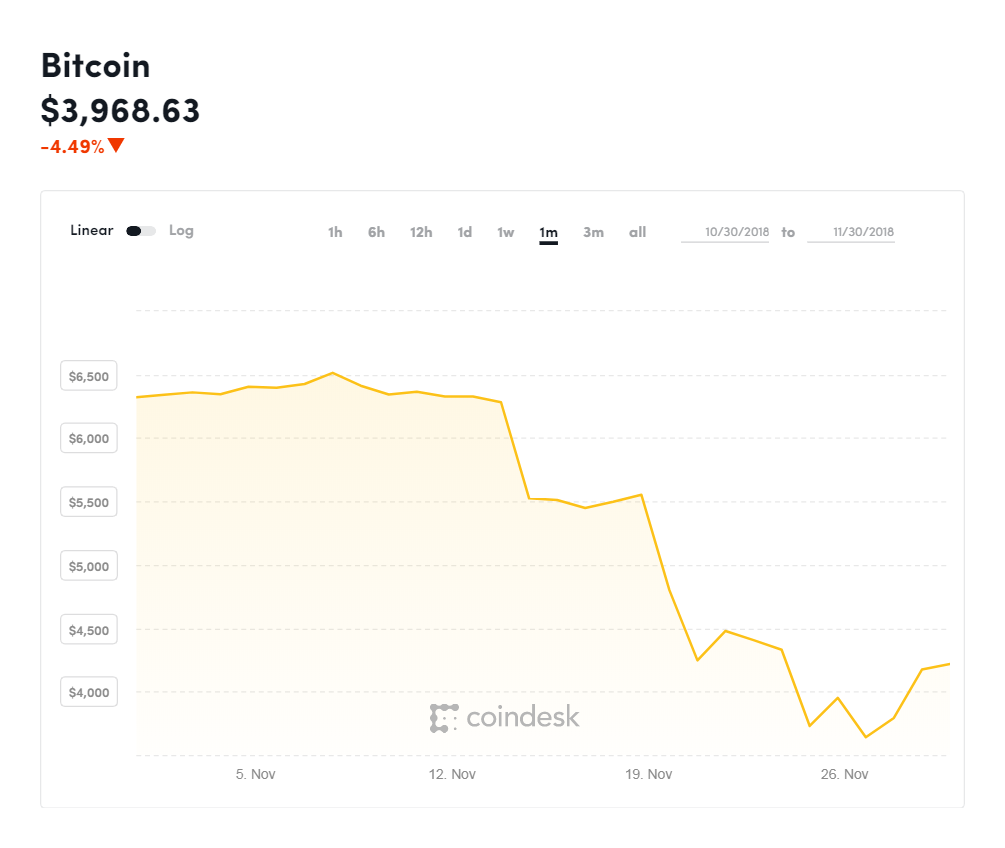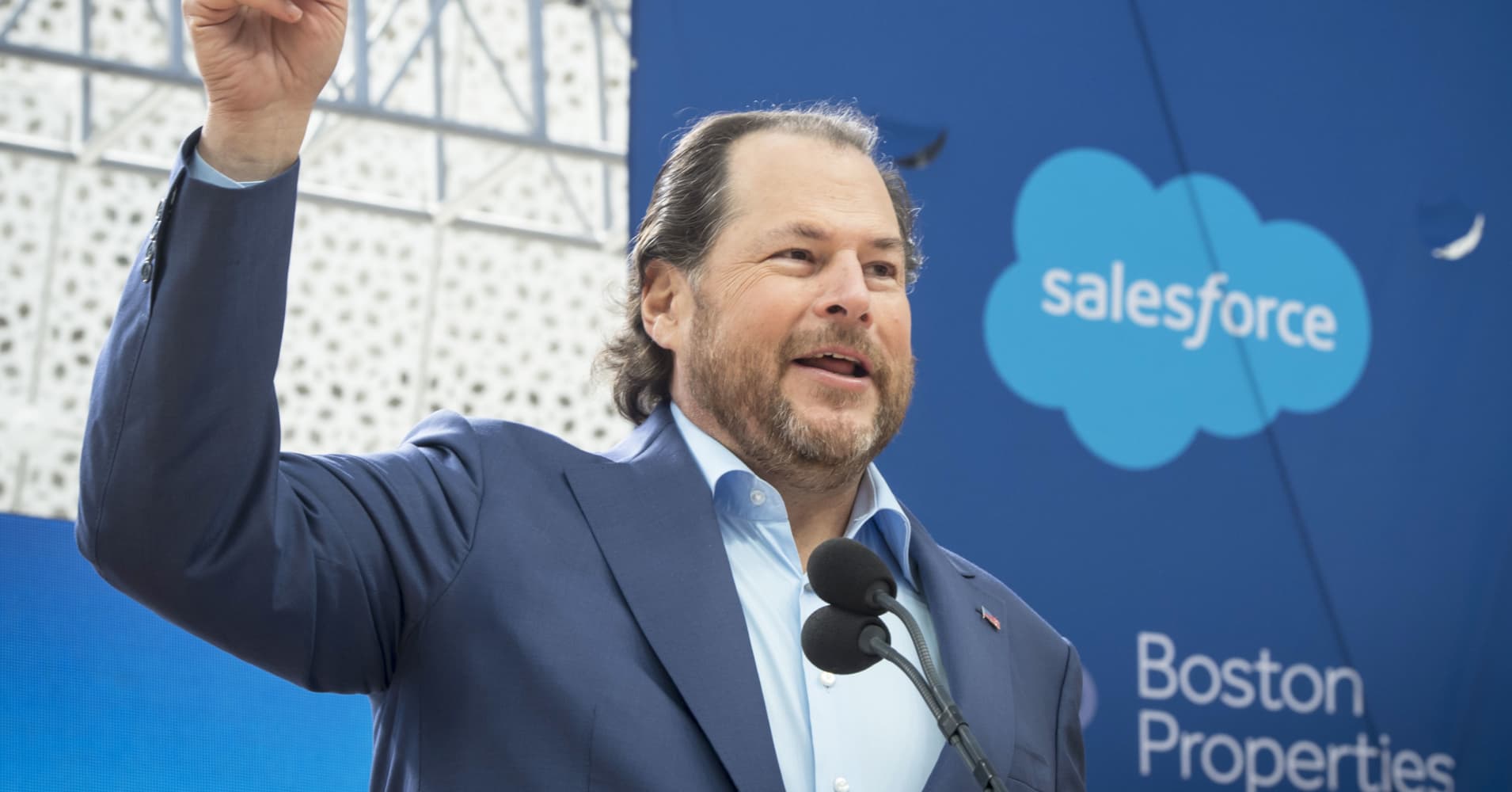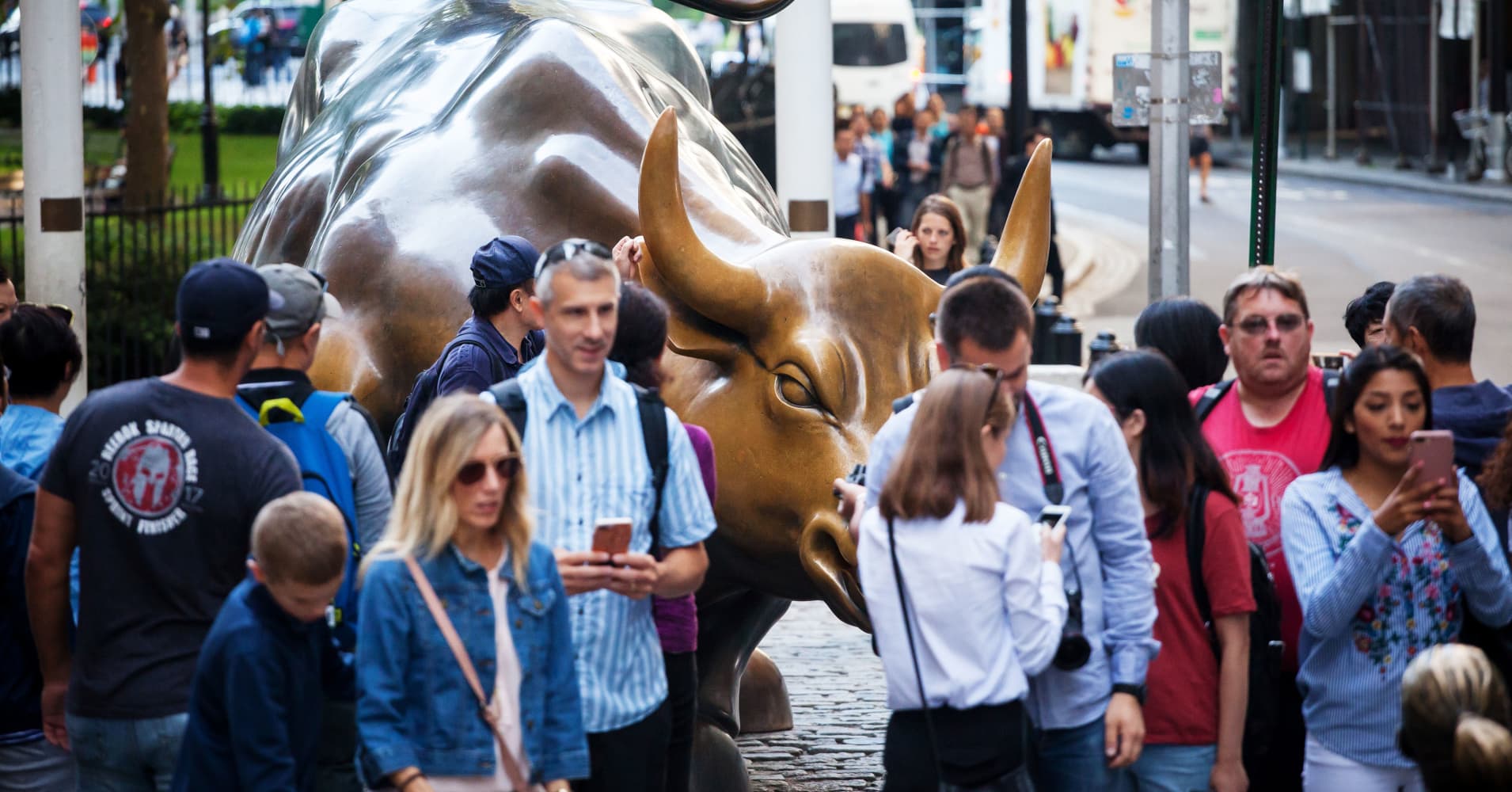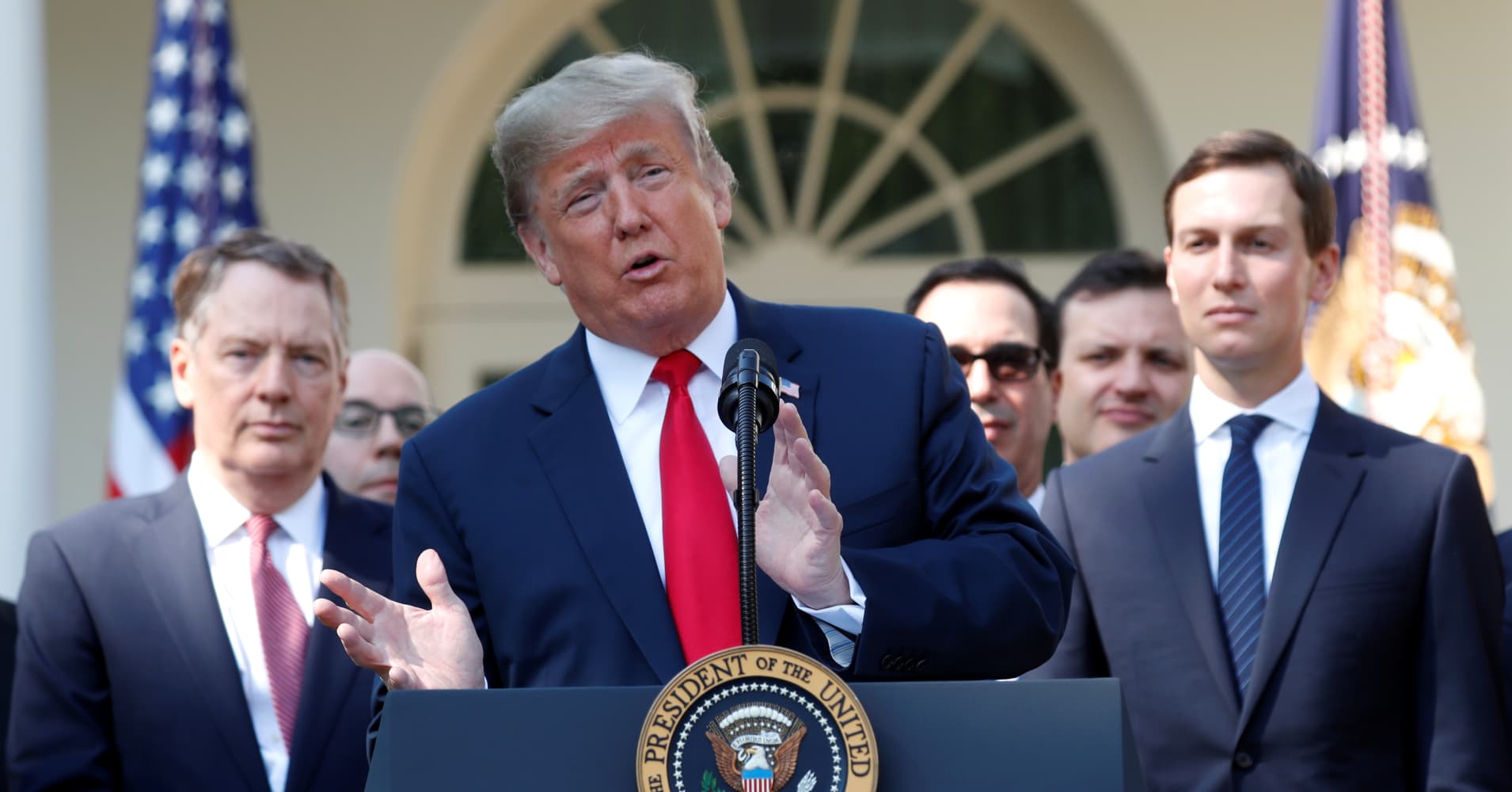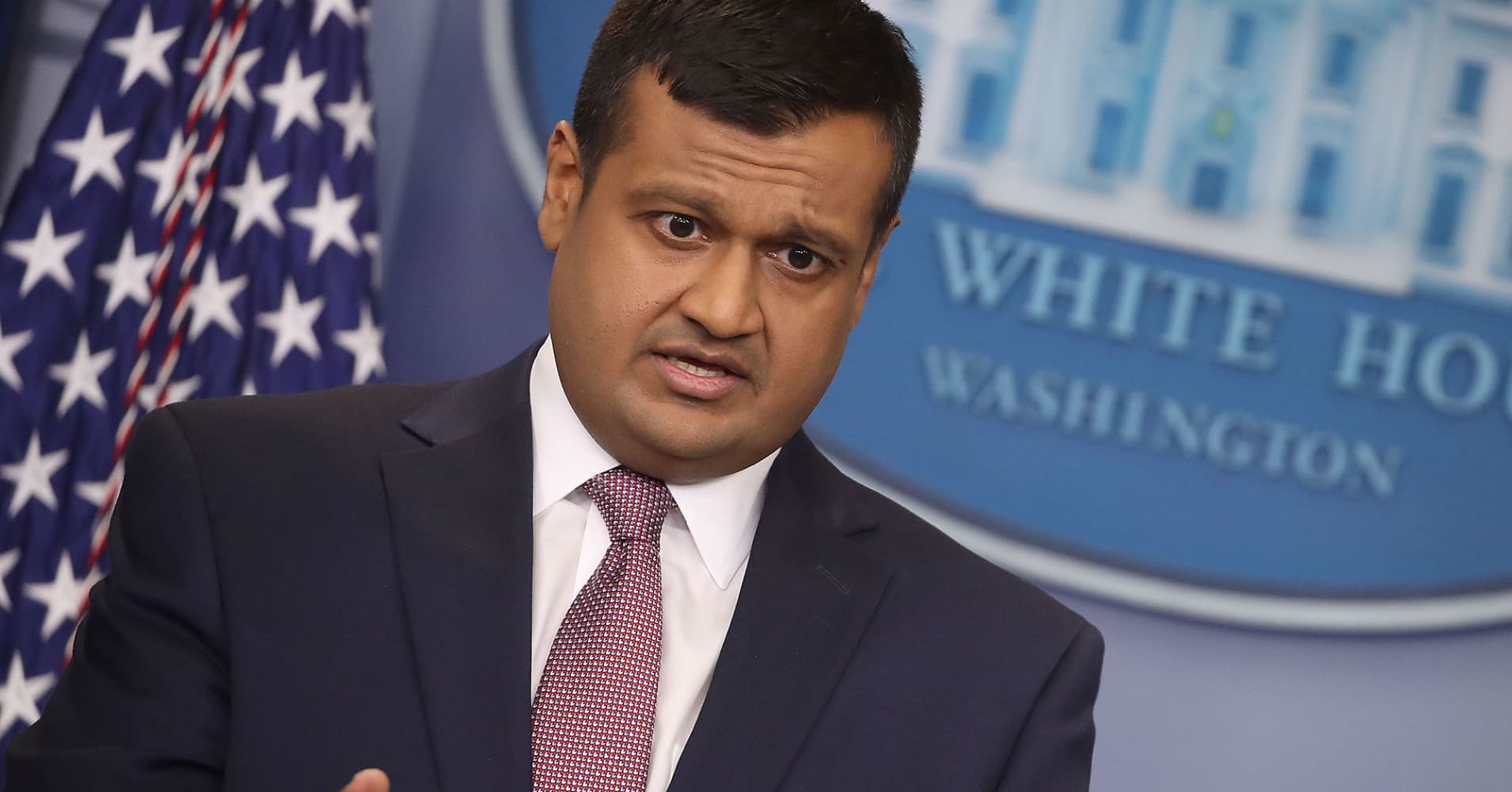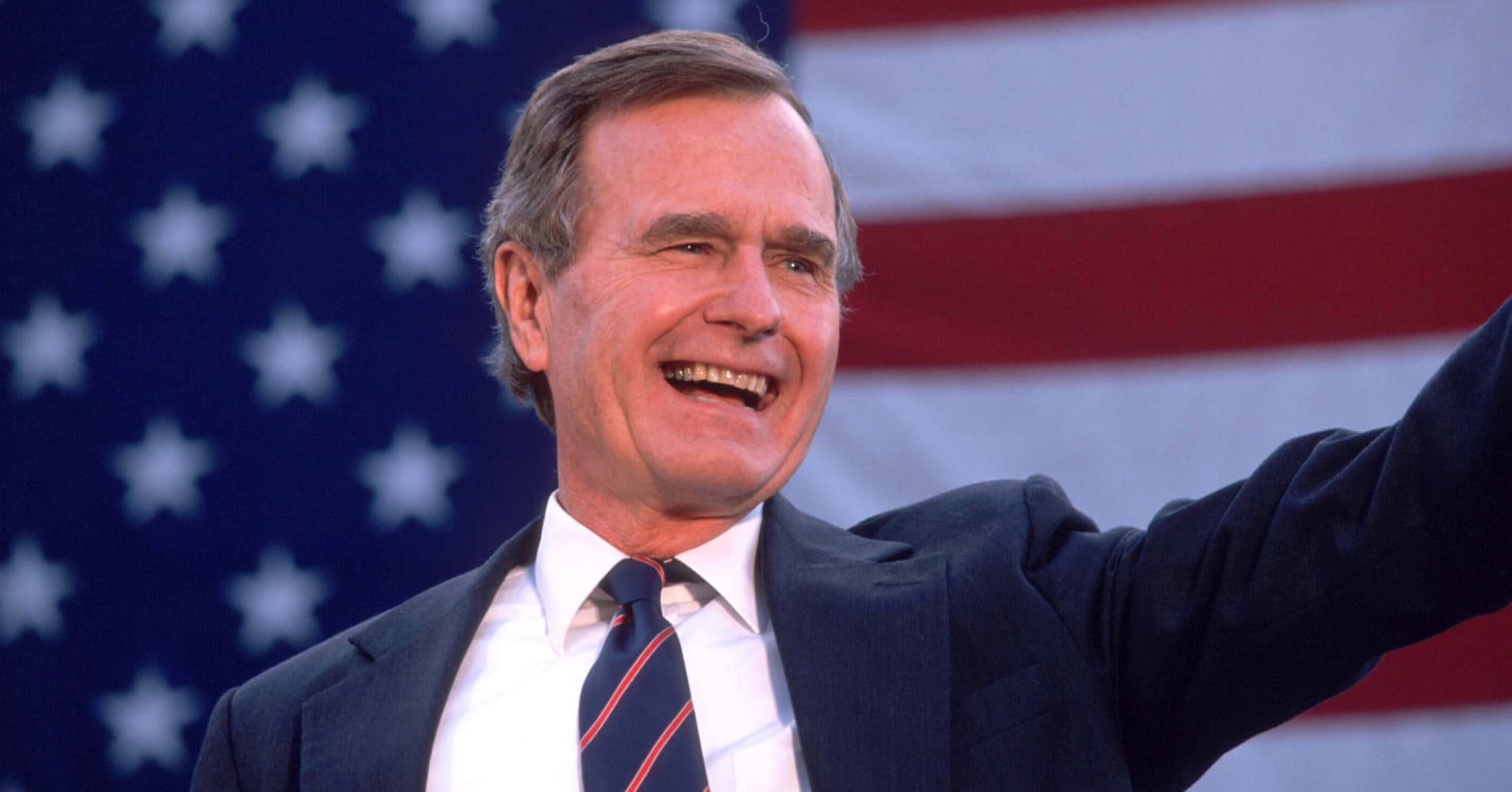
Former President George H.W. Bush, the World War II veteran who was elected the 41st President of the United States and sired the nation's 43rd, died late Friday at the age of 94, the family announced in a statement.
Bush advocated a "kinder, gentler" conservatism, pursued policies that helped topple the Soviet empire and initiated military campaigns that ousted one foreign dictator and crippled another. He was 94 lived longer than any other U.S. president.
Wife Barbara died April 17 at age 92. Their 73-year marriage was longer than that of any presidential couple in U.S. history. Their children included former President George W. Bush and former Florida Gov. Jeb Bush.
A day after Mrs. Bush's funeral on April 21, the senior Bush was admitted to Houston Methodist Hospital for a blood infection, a family spokesman said.
He had been taken there in April 2017 and in January 2017 for treatment related to pneumonia, family spokesman Jim McGrath said. During the January hospitalization, Barbara Bush was also treated there after experiencing fatigue and coughing. Their hospitalization came days after they had celebrated their 72nd wedding anniversary on Jan. 6, 2017.
The couple lived in Houston. During Hurricane Havey, which devastated the city in August 2017, Bush and his wife were in their second home in Kennebunkport, Maine. He praised the efforts of first responders and used Twitter to encourage people to donate to One America Appeal, a private relief fund coordinated by the five former U.S. presidents.
The son of a U.S. senator, Bush was the nation's 41st president and was the father of the 43rd and of a former governor who had hoped to be No. 45.
Capping a long political career, including vice president under Ronald Reagan, the elder Bush was elected to the White House in 1988 on a ticket with Sen. Dan Quayle, defeating Democrat Michael Dukakis and running mate Sen. Lloyd Bentsen.
Months before the victory, Bush delivered what became known as his "thousand points of light" acceptance speech at the GOP National Convention at New Orleans' Superdome.
While promising to fight for prayer in public schools and gun rights and against abortion, Bush tried to put a softer face on conservatism, striving to make America a "kinder, gentler" nation.
"Prosperity as a purpose means taking your idealism and making it concrete by certain acts of goodness," he said. "It means helping a child from an unhappy home learn to read. ... It means teaching troubled children through your presence that there is such a thing as reliable love."
The speech wasn't all "Kumbaya." He promised a hard line against Democrats.
"The Congress will push me to raise taxes, and I'll say no, and they'll push, and I'll say no, and they'll push again. And I'll say to them: 'Read my lips, no new taxes.'"
It was a vow that came back to haunt him.
During the budget battle with majority Democrats in 1990, he accepted a compromise to raise several existing taxes. Although no new taxes were created, the decision proved costly. Bill Clinton seized upon the perceived flip-flop, helping him oust Bush after a single term despite the Republican's major successes in foreign policy.
Five months after Bush's inauguration, he was confronted with China's suppression of the pro-democracy movement — its bloody crackdown on demonstrators in Beijing's Tiananmen Square. Although hundreds of demonstrators were killed, Bush responded with only limited sanctions.
In another five months, the Berlin Wall collapsed, on Nov. 9, 1989 — 28 years after it was erected. Bush greeted the historic event with a reactive response rather than with great enthusiasm.
"Of course, I welcome the decision by the East German leadership to open the borders," he told reporters in the Oval Office. "It clearly is a good development in terms of human rights. ... I'm very pleased with this development." Pressed about his low-key reaction, he replied: "I'm elated, I'm just not an emotional kind of guy."
"In retrospect, many people recognized that by refusing to gloat or declare victory over the Soviet Union, Bush probably helped avoid a backlash by hardliners in Eastern Europe," Stephen Knott, professor of national security affairs at the U.S. Naval War College, wrote in an essay. "He also did not want to endanger future negotiations with the Soviet Union."
Indeed, two years later, the U.S.S.R. formally dissolved with the Dec. 25, 1991, resignation of Soviet President Mikhail Gorbachev, Bush's negotiating partner.
In a Christmas speech to the American people, Bush praised Gorbachev's "revolutionary" policies that "permitted the peoples of Russia and the other republics to cast aside decades of oppression and establish the foundations of freedom."
"I'd like to express, on behalf of the American people, my gratitude to Mikhail Gorbachev for years of sustained commitment to world peace, and for his intellect, vision and courage," Bush said.
Closer to home, only a month after the fall of the Berlin Wall — matters reached a boiling point in Panama. After months of economic sanctions with Gen. Manuel Noriega over allegations that the Panamanian leader had engaged in drug trafficking and had rigged elections in the Central American country — Bush dispatched troops on Dec. 20, 1989, starting what was called "Operation Just Cause." The operation involved more than 24,000 troops in what was at that time the largest deployment of U.S. forces since the Vietnam War.
On the fifth day of the invasion, Noriega fled to the papal embassy on Christmas Eve. The building was surrounded by U.S. troops, who resorted to psychological warfare by blasting rock music. Noriega finally surrendered on Jan. 3. He was subsequently brought back to the United States and convicted of drug and racketeering charges. He served 17 years behind bars and died at age 83 in Panama City in May 2017.
Less than a year after the Panama invasion, another foreign crisis absorbed Bush. On Aug. 2, 1990, Iraqi dictator Saddam Hussein invaded oil-rich neighbor Kuwait. Bush responded by assembling an international coalition of nearly three dozen nations.
Under the leadership of Gen. Norman Schwarzkopf, a five-month air bombardment dubbed Operation Desert Shield and the subsequent 100-hour Operation Desert Storm land battle pushed Iraqi troops out of Kuwait. But it stopped short of ousting the Iraqi strongman, setting up the second Gulf War that was initiated in 2003 by Bush 43 and resulted in Saddam's hanging.
In the 1992 election, the elder Bush attempted to capitalize on his overseas successes. In the final days of the campaign, he unleashed this salvo against Clinton and running mate Al Gore: "My dog Millie knows more about foreign affairs than these two bozos."
The electorate didn't buy it. By a margin of 43 percent to 37 percent, the Democratic former governor of Arkansas — with little experience in foreign affairs — ended the presidency of the man who prevailed over Noriega, Saddam and the Soviet empire. Third-party candidate Ross Perot swung the election with 19 percent of the vote.
Despite his disappointment, Bush was ever gracious in defeat. In a handwritten note to Clinton dated Jan. 20, 1993, Bush wrote: "I'm not a very good one to give advice; but just don't let the critics discourage you or push you off course. ... Your success is now our country's success. I am rooting for you."
The note received wide attention during and after the final presidential debate between Hillary Clinton and Donald Trump, who refused to say he would accept the results of the 2016 election if Clinton won.
Tweet: Read this. Think about this. George H.W. Bush's gracious handoff to Bill Clinton. It's beautiful.
George Herbert Walker Bush was born June 12, 1924, in Milton, Massachusetts. His father, Prescott Bush, was elected to the Senate from Connecticut in 1952.
Six months after the Japanese attack on Pearl Harbor, George enlisted in the armed forces on his 18th birthday and became the youngest pilot in the Navy. He was awarded the Distinguished Flying Cross for bravery in action after being shot down over the Pacific and rescued by a U.S. submarine.
Weeks after his return from the Pacific, he married Barbara Pierce in January 1945. After being discharged from the military, he enrolled in Yale and later moved to Texas to go into the oil business.
He became involved in politics, and in 1966 was elected to Congress. He later became ambassador to the U.N., chairman of the Republican Party during the Watergate scandal, chief of the U.S. liaison office in Beijing before full diplomatic relations were restored, director of the CIA, and then vice president under Reagan.
To celebrate his 75th, 80th, 85th and 90th birthdays, Bush parachuted from a plane. Before his last jump, for his 90th birthday, he tweeted: "It's a wonderful day in Maine — in fact, nice enough for a parachute jump."
He maintained that sense of humor in other tweets. He posted this on July 30, 2015, while recovering from a broken neck.
Broken neck tweet
On Jeb's 63rd birthday on Feb. 11, 2015, he tweeted this:
HW's birthday tweet for Jeb
A day after Jeb announced his bid for the 2016 GOP presidential nomination, George H.W. beamed with pride on the twittersphere, even though matriarch Barbara Bush had initially said: "We've had enough Bushes."
Jeb announcement tweet
There were no other tweets about Jeb during his unsuccessful campaign.
On Jan. 20, 2014, a quarter century after his inauguration, Bush 41 tweeted this:
25 years ago this hour, the people placed their hopes and trust in our team. Still hard to believe I had the honor to serve as President.
H.W. maintained a public silence about son George W.'s presidency until the publication of the biography "Destiny and Power: The American Odyssey of George Herbert Walker Bush" in November 2015. In the book by Jon Meachum, the elder Bush used the term "iron a--" to refer to two leading hawks in his son's administration, Vice President Dick Cheney and Defense Secretary Donald Rumsfeld.
Still, the elder Bush said, "The buck stops there," referring to Bush 43.
Days before his January 2017 hospitalization, the senior Bush had sent a letter to President-elect Trump expressing regrets that he could not attend the Jan. 20, 2017, inauguration. With his flair for humor, Bush wrote: "My doctor says if I sit outside in January, it likely will put me six feet under."
"I want you to know that I wish you the very best as you begin this incredible journey of leading our great country," he added. "If I can ever be of help, please let me know."
Trump, however, didn't get any help from the elder Bush to reach the White House. The former president confirmed to author Mark K. Updegrove that he voted for Hillary Clinton in the Democrat's failed run against Trump. The former president said in Updegrove's 2017 book "The Last Republicans" that he considered Trump a "blowhard."
Bush, who watched Trump's inauguration from the hospital with his wife, son Neil and daughter-in-law Maria, was released from the hospital on Jan. 30, a week after his wife. Days later, he was well enough to toss the coin from his wheelchair at Super Bowl LI in Houston.
In addition to sons George W., Jeb and Neil, survivors include son Marvin and daughter Dorothy Bush Koch.
via IFTTT
